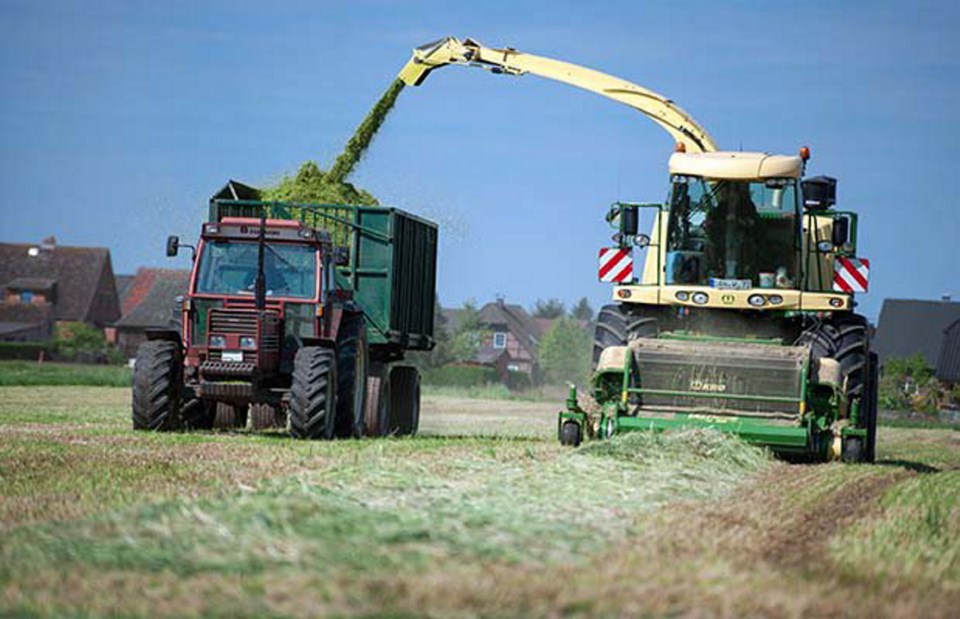FortisBC is expanding its effort to pump more green biogas into its system to satisfy growing customer demand.
Through a call today for expressions of interest from new suppliers, the gas utility hopes to double supplies.
So-called biogas — methane that is captured from rotting table scraps, garden waste or decomposing animal manure — costs FortisBC close to three times the price of ordinary natural gas. But Fortis is worried it won't find enough of it to meet increasing demand.
That's because there is demand coming from both residential and commercial customers, says Doug Stout, Fortis' vice-president of energy solutions and external relations.
"We'll call them the more greenminded folks," said Stout, pointing to people who buy hybrid cars or companies who want to brand themselves as environmentally friendly.
Biogas is considered green because it processes captured methane — which is 20 times more damaging a greenhouse gas than carbon dioxide — that would otherwise vent to the atmosphere. The biogas also displaces the need to buy ordinary natural gas drilled from B.C.'s northeast gas fields.
Fortis has been offering biogas to customers for about four years and has two existing suppliers with five more that have production plants in development.
When all are online, they will produce enough biogas to heat and provide hot water for 5,000 homes. Its new call for expressions of interest would double the supply of biogas - enough to power and heat 10,000 homes.
"Once you start marketing it, you try to stay a little ahead on demand so you're not leaving people short," Stout said.
Residential customers can get up to 10 per cent of their household supply as biogas with commercial customers taking a blend of 10-20 per cent, so the additional cost doesn't wind up being that big a premium. (Though commercial customers can take up to 100 per cent biogas.) At Fortis' rates right now, customers are paying $4.64 per gigajoule for commodity natural gas versus $14.06 for biogas.
The Fortis biogas expansion plan has the support of dairy farmer Jerry Keulen, who is investing in a digester for the family-owned operation in Delta.
While the investment in a digester — which cooks and agitates the manure from the farm's 250 cows — is not insignificant, it will help add an additional revenue stream to the operation, said Keulen.
In addition, he likes the idea of reducing greenhouse gas emissions from the methane that would normally come from the manure he placed back on the fields to help the grass grow.
The digesting process does not destroy any of the nutritional value of the manure, so it can still be placed on the fields as fertilizer.
The digester at the Seabreeze farm will also use consumer waste such as garden clippings and kitchen scraps, reducing material in landfills.
"It's a great thing for us as a farm, and I think for the consumer too. I think it's positive all around," said Keulen.
Fortis' existing suppliers are Salmon Arm's municipal landfill and a company called Fraser Valley Biogas, which generates biomethane from animal manure and vegetable waste from agriculture.



